Index
Executive Summary
About
Staff Contributors
Acknowledgments
A Comment on Report Methodology
Introduction & Background
Introduction
Backgrounder: U.S. Energy Consumption in Context
General Insights
1. Energy Productivity
2. Energy Consumption and Emissions Reductions
3. Per Capita Primary Energy Consumption
4. Energy Efficiency Policy and Program Impacts
5. Energy Expenditures and Cost Savings
6. Energy Efficiency Federal Funding
Co-Benefits with Energy Savings
7. Energy Efficiency Jobs
8. Public Health Benefits
9. The Multiple Benefits of Weatherization
10. Addressing Energy Insecurity
11. Other High-Impact Commercial Benefits
Energy Efficiency in Utilities
12. Energy Efficiency is a Low-Cost Resource
13. Utility Programs Spending and Savings
14. Energy Efficiency Resource Standards
15. Utility Programs Spending and Savings Per Capita
16. Decoupling and Shareholder Incentives
17. Smart Meters
18. Demand Response
19. Energy Efficiency & Losses in Power Systems
Investment and Financing
20. Energy Efficiency Investments
21. Energy Service Company (ESCO) Investments
22. Green Banks
Buildings
23. Energy Efficiency and Household Cost Reductions
24. Appliance Energy Efficiency Improvements
25. Policy Impact: Federal Appliance Standards
26. Market Impact: ENERGY STAR®
27. Commercial Building Energy Intensity
28. Market Impact: Efficient Lighting From 2001 To 2015
29. Growth in LED Sales After 2015
30. Building Energy Performance Benchmarking and Transparency
31. Residential Home Energy Use Rating And Certification Tools
32. Home Performance Data
33. Building Certification by ENERGY STAR® and LEED
34. Model Building Energy Codes
35. Zero Net Energy Buildings
36. Building Performance Standards
37. Smart Buildings
38. Appliance Efficiency Standards
Industrial
39. Industrial Energy Intensity
40. Industrial Carbon Intensity
41. Combined Heat and Power
42. Industrial Energy Management
43. ISO 50001
44. Better Plants
45. ENERGY STAR® in Industry
Transportation
46. Light-Duty Fuel Economy Standards
47. International Fuel Economy Standards And Targets
48. Medium and Heavy-Duty Modes
49. Light-Duty Electric Vehicles
50. EV Transit
51. EV Charging Infrastructure
52. Vehicle Miles Traveled
53. Utilization of Transportation Modes
54. Transit Equity Metrics
States, Cities and Countries
55. State Scorecard Rankings
56. City Scorecard Rankings
57. International Scorecard Rankings
Looking to the Future
58. Digitalization
59. Energy Efficiency Can Cut Energy Use and Greenhouse Gas Emissions in Half
Conclusions
Key Policy Opportunities
Where We Go from Here
Resources and Glossary

